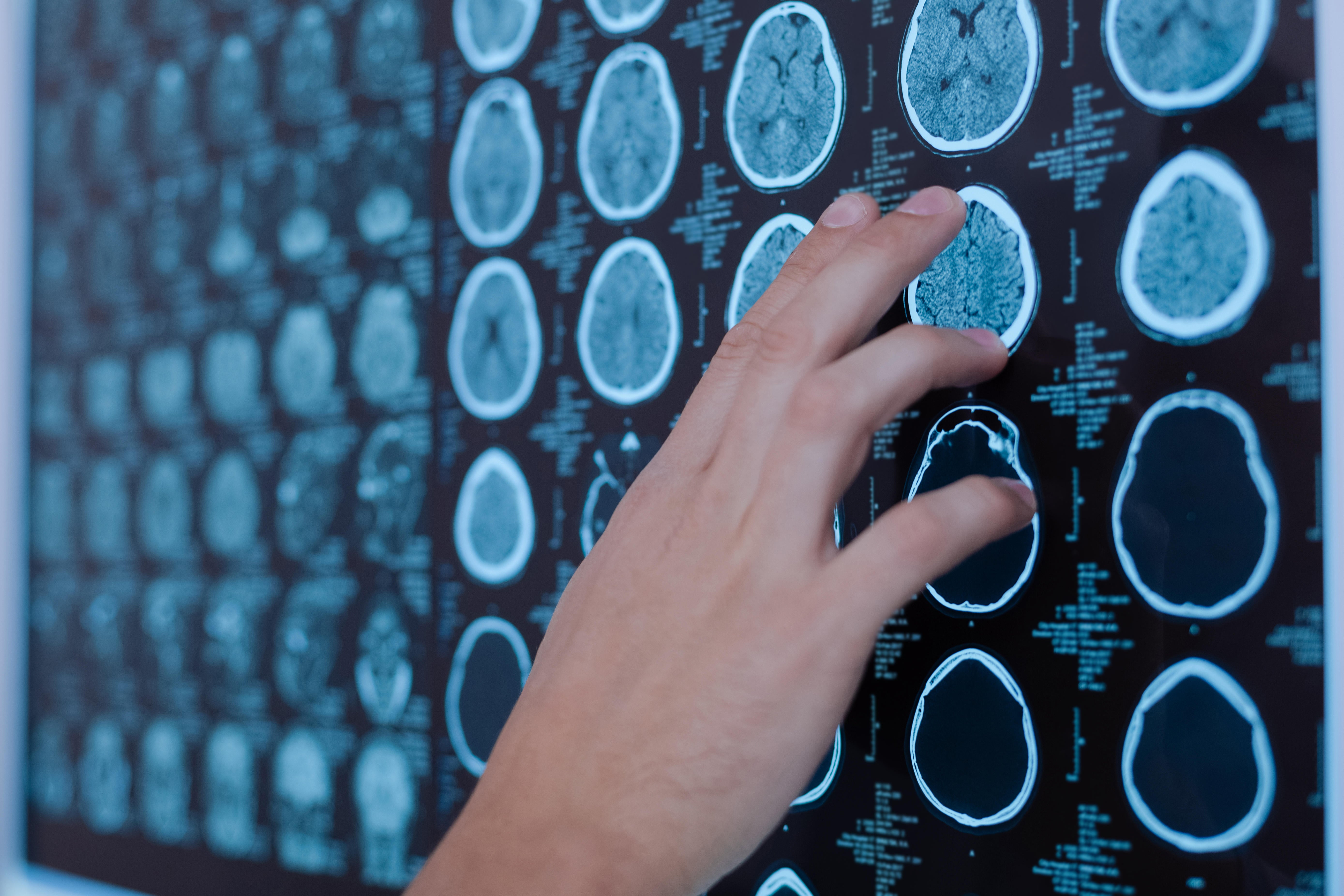Poor heart health predicts premature brain ageing, study suggests
Researchers also found that men tended to have older brains than women of the same age.

Your support helps us to tell the story
From reproductive rights to climate change to Big Tech, The Independent is on the ground when the story is developing. Whether it's investigating the financials of Elon Musk's pro-Trump PAC or producing our latest documentary, 'The A Word', which shines a light on the American women fighting for reproductive rights, we know how important it is to parse out the facts from the messaging.
At such a critical moment in US history, we need reporters on the ground. Your donation allows us to keep sending journalists to speak to both sides of the story.
The Independent is trusted by Americans across the entire political spectrum. And unlike many other quality news outlets, we choose not to lock Americans out of our reporting and analysis with paywalls. We believe quality journalism should be available to everyone, paid for by those who can afford it.
Your support makes all the difference.By estimating people’s brain age from scans, researchers have identified multiple risk factors for a prematurely ageing brain.
They found that worse heart – or cardiovascular – health at age 36 predicted a higher brain age later in life.
The UCL researchers also found that men tended to have older brains than women of the same age.
We found that despite people in this study all being of very similar real ages, there was a very wide variation in how old the computer model predicted their brains to be
According to the study, higher brain age is associated with slightly worse scores on mental (cognitive) tests, and also predicted increased brain shrinkage over the following two years.
Researchers suggest this could be an important indicator for people at risk of cognitive decline or other brain-related ill health.
Lead author Professor Jonathan Schott, UCL Dementia Research Centre, UCL Queen Square Institute of Neurology, said: “We found that despite people in this study all being of very similar real ages, there was a very wide variation in how old the computer model predicted their brains to be.
“We hope this technique could one day be a useful tool for identifying people at risk of accelerated ageing, so that they may be offered early, targeted prevention strategies to improve their brain health.”
The scientists used an established MRI based model to estimate the brain age of people on the Alzheimer’s Research UK-funded Insight 46 study, led by Professor Schott.
As they ad been a part of the study throughout their lives, scientists were able to compare their current brain ages to various factors from across the life course.
They were all between 69 and 72 years old, but their estimated brain ages ranged from 46 to 93.
The new study found that people with worse cardiovascular health at age 36 or 69 had worse brain health, as did those with increased cerebrovascular disease on MRI (relating to blood flow and blood vessels in the brain).
Dr Sara Imarisio, head of research at Alzheimer’s Research UK, said: “The Insight 46 study is helping reveal more about the complex relationship between the different factors influencing people’s brain health throughout their life.
“Using machine learning, researchers in this study have uncovered yet more evidence that poorer heart health in midlife is linked to greater brain shrinkage in later life.
“We’re incredibly grateful to the dedicated group of individuals who have contributed to research their entire lives making this work possible.”
The findings are published in The Lancet Healthy Longevity.